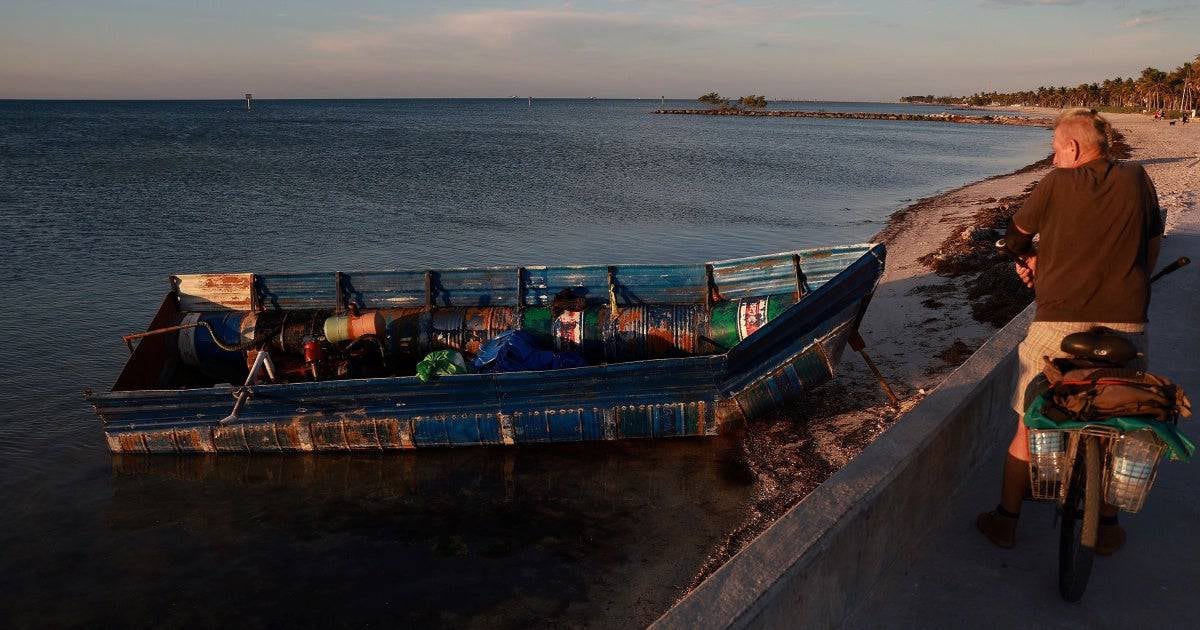
The international organization Human Right Watch (HRW) denounced in its annual report that during 2023 Cubans continued to suffer a systematic repression of basic freedoms and an economic crisis that impacts access to medicines and food.
In the chapter dedicated to the island of Annual Report 2024, the entity said that an alarming situation persists characterized by government repression and the economic crisis, affecting the fundamental rights of citizens.
This is evident in several indicators, such as repression and arbitrary detentions, migration, travel restrictions, the existence of political prisoners, labor rights, among others.
Regarding "Repression and Arbitrary Detentions", the report argues that the regime "continues to arbitrarily detain critics, activists and political opponents, even two years after the July 2021 protests", and more than 700 people, including women, remain imprisoned in connection with the demonstrations, some subjected to mistreatment and torture.
"Military courts are used and summary trials with vague charges as "sedition," in violation of international law," he stresses.
He adds that regarding the issue of Migration, between January 2022 and October 2023, more than 420,000 Cubans were apprehended by the United States Border Patrol, many traveling north through Nicaragua.
Likewise, the United States Coast Guard intercepted more than 6,800 Cubans at sea between October 2022 and July 2023 and significantly increased migration to countries other than the United States, in Latin America and Europe.
In this context and despite the reforms in 2013, the government maintains broad powers to restrict travel for reasons of "defense and national security" against activists and opponents. Critics are prohibited from boarding planes to visit or return to Cuba, violating international human rights law, explains HRW.
The country is experiencing an economic crisis that impacts the economic and social rights of Cubans, with electrical blackouts and serious shortages of food and medicine, the information highlights.
He says that the embargo imposed by the United States contributes to the shortage of medicines, according to Cuban authorities; and that there has been a decrease in life expectancy and an increase in infant mortality reported in May 2023.
Furthermore, on the island there are more than 1,000 people, including adolescents, considered political prisoners, while limitations on due process and lack of judicial independence persist; as well as government control over the media and restrictions on freedom of expression.
The report highlights that in Cuba there are systematic violations of labor human rights, including limitations in the protection of health and occupational safety, especially health workers abroad, who in the opinion of the organization face violations of fundamental rights.
HRW denounces that despite the fact that the international community has made decades of effort, it has not achieved sustained progress in human rights in Cuba, since organizations such as the European Union maintain relations with the regime even with reservations, condemning the US embargo but recognizing differences in concepts of human rights.
He explains that the United States also maintains selective sanctions and a humanitarian temporary stay program for Cubans.
However, in October 2023, Cuba was elected a member of the United Nations Human Rights Council for the sixth time, and despite the fact that the situation in the Caribbean country continues to be a cause for global concern.
Last year's report agreed in most respects with the current analysis, saying that "the U.S. embargo provides the Cuban government with an excuse for the country's problems, a pretext for abuses, and arouses sympathy from governments that would otherwise way, they would have been more inclined to condemn abusive practices in the country.
What do you think?
COMMENTFiled in: